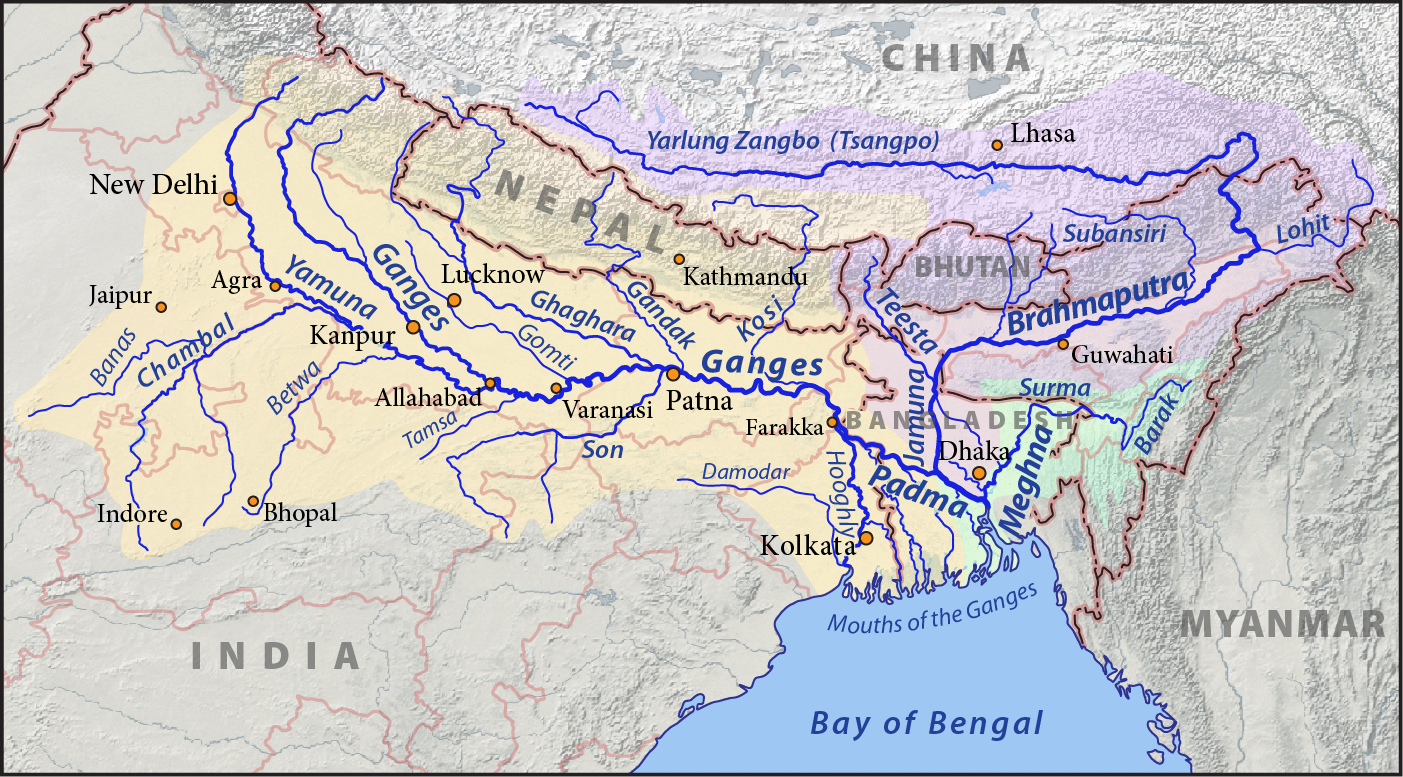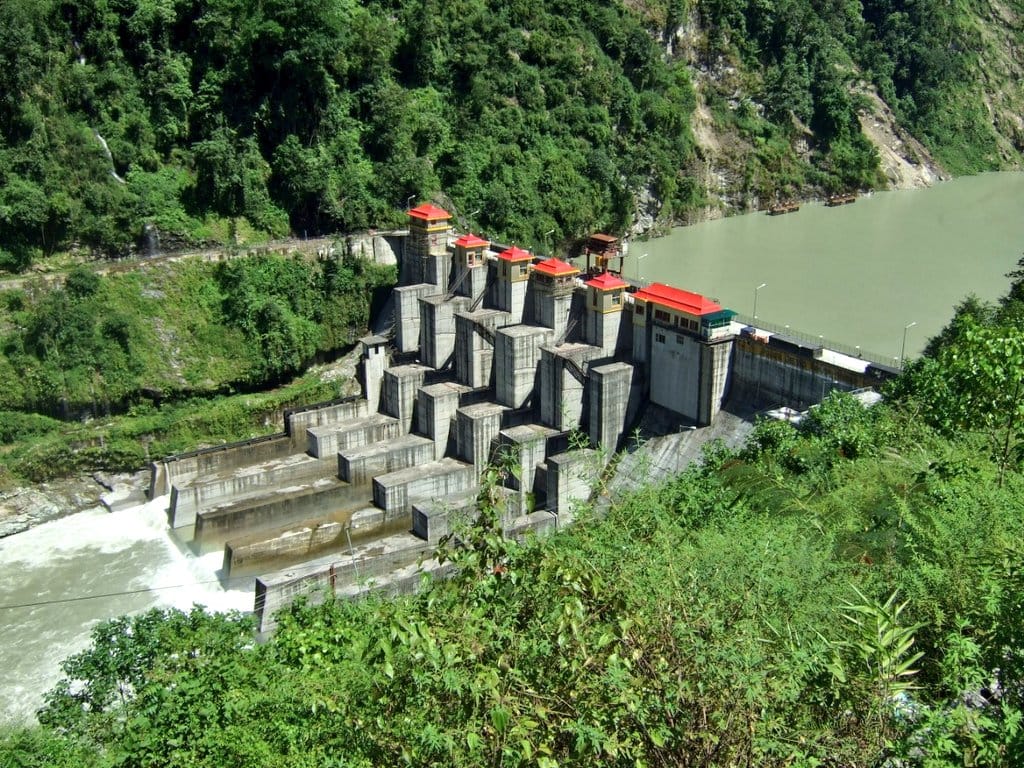Environment

Representatives from Nepal's civil society organisations (CSOs) and media outlets have pledged to form a partnership to promote sustainable energy transitions in the Ganges (Ganga) River Basin and raise awareness about the importance of focusing on alternative energy sources in the region.
The Ganga river basin, shared by Bangladesh, India, China, and Nepal, is one of the three main river basins in the Hindu Kush Himalayas. Experts have warned that any disputes over the distribution of water among upstream and downstream countries have the potential to drive conflict.
Concerns over harnessing of rivers in the Ganga basin were expressed at a workshop organised by Nepal Forum of Environmental Journalists (NEFEJ) and International Union for Conservation of Nature (IUCN). It was attended by some 20 participants from CSOs and various media outlets.
The idea was to discuss the possibilities of developing a partnership to share necessary information and research to produce communication products for a wider audience, said a NEFEJ press release.
The workshop - Sustainable Energy Transitions in Ganges River Basin: Building CSO-Media Partnership - provided a platform to the CSOs and media representatives to develop a common understanding of baseline study prepared by the IUCN. The CSOs and media also looked into the possibilities of working together to promote sustainable energy pathways that are inclusive and ecosystem-friendly.
Senior Program Officer of IUCN Nepal, Anu Adhikari, said that transition to new renewables is the way forward for Ganges basin countries. Stating that supply shocks make the energy sector and countries vulnerable, like the recent hike in gas prices, she stressed on the urgent need for policy changes for transition to new renewables in the basin.

Climate concerns
The baseline study also focuses on how uncertainties over future water availability will make hydropower projects unreliable as it is seasonally dependent and how the impacts of climate change could make the hydropower projects vulnerable to natural disasters.
Highlighting Nepal's energy scenario, the baseline report suggests to reduce over-dependence on hydropower and focus on new renewables, and analyse the impact of hydropower on the local community and biodiversity.
"Nepal needs to divert its focus and start engaging in renewable energy development, as it has ample alternative energy opportunities," the report mentions.
Shamsher Ali, Program Manager of ActionAid Bangladesh, presented virtually the energy landscape of Bangladesh and stressed on the need for regional cooperation to meet growing energy demands of his country as Nepal has a high potential of alternative energy sources.
Nepali journalists Kosmos Biswokarma and Shristi Kafle presented their key findings from field visits to Rasuwa and Sindhupalchowk in which they focused on how the increasing number of hydropower projects in Trishuli and Bhotekoshi Rivers have impacted the local environment and river ecology.
Besides, they highlighted how hydropower projects have displaced communities in different places in both the districts and affected their livelihood.
In the end, the CSOs and media agreed to enhance cooperation at the regional level to develop a common understanding and reporting on the need to promote alternative sources of energy in the countries that could benefit from the Ganges River Basin.
Ganges River Basin (GRB) Overview:
- The GRB, shared by Bangladesh, India, China, and Nepal, is one of the three main river basins in the Hindu Kush Himalayas
- The largest part of the Ganges basin drains in India, almost 79 per cent, followed by 14% in Nepal, 4 per cent in Bangladesh, and around 3% in China
- The river basin is home to over 650 million people and provides more than 30 per cent of the region’s water resources
- India, Bangladesh, and Nepal heavily rely on the GRB to sustain their growing populations and their agricultural, industrial, and fisheries sectors
- In recent years, climate change coupled with the rapid depletion of groundwater resources has led to diminishing flows in the Ganges river system which may lead to severe food shortages and water scarcity issues along the basin with more acute impacts downstream
- As a trans-boundary river basin, the shared waters in the Ganges river basin are also instrumental to overall regional stability and the nature of political relations between neighboring countries. Any disputes over the distribution of water among upstream and downstream countries have the potential to drive conflict.






